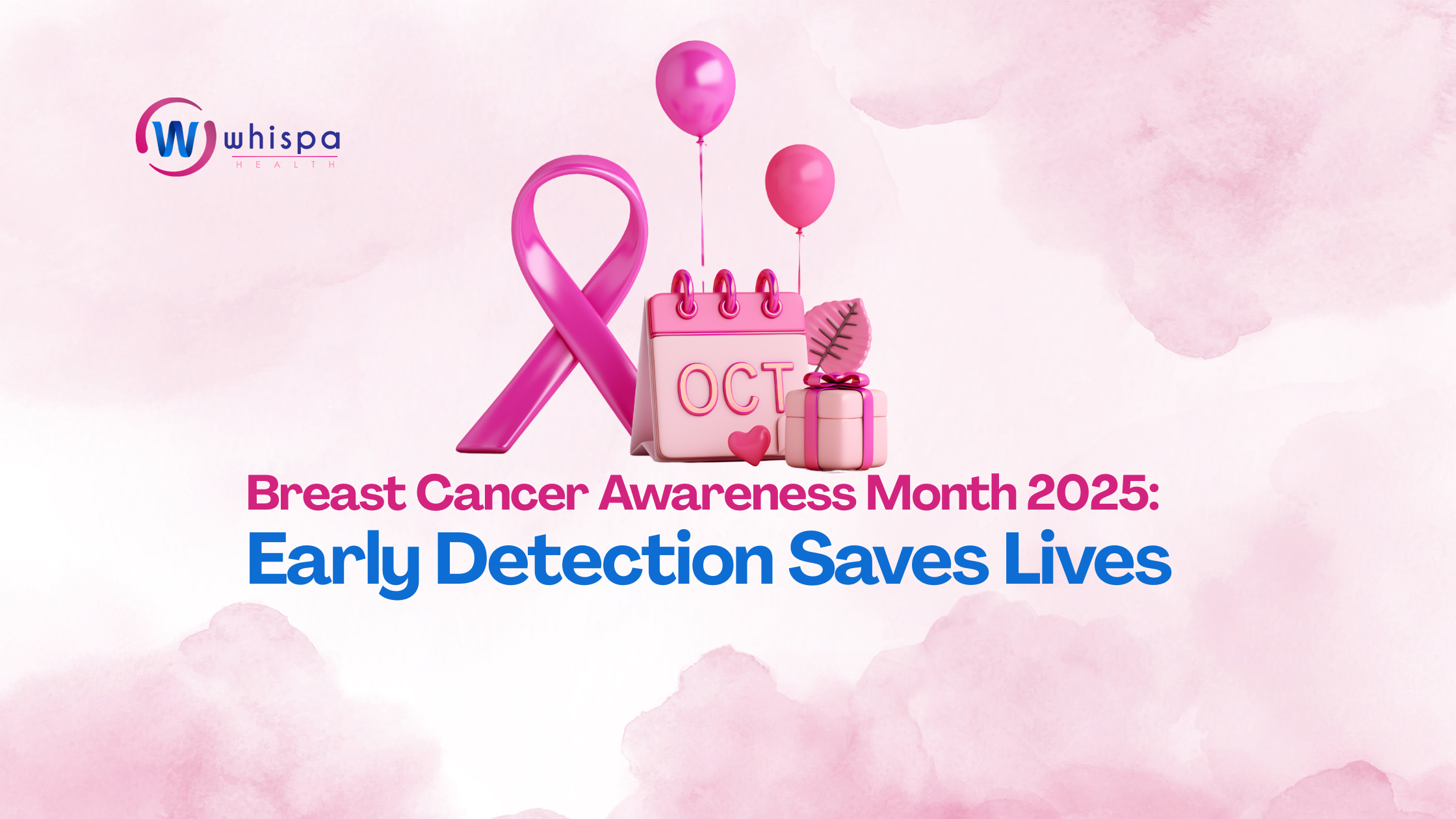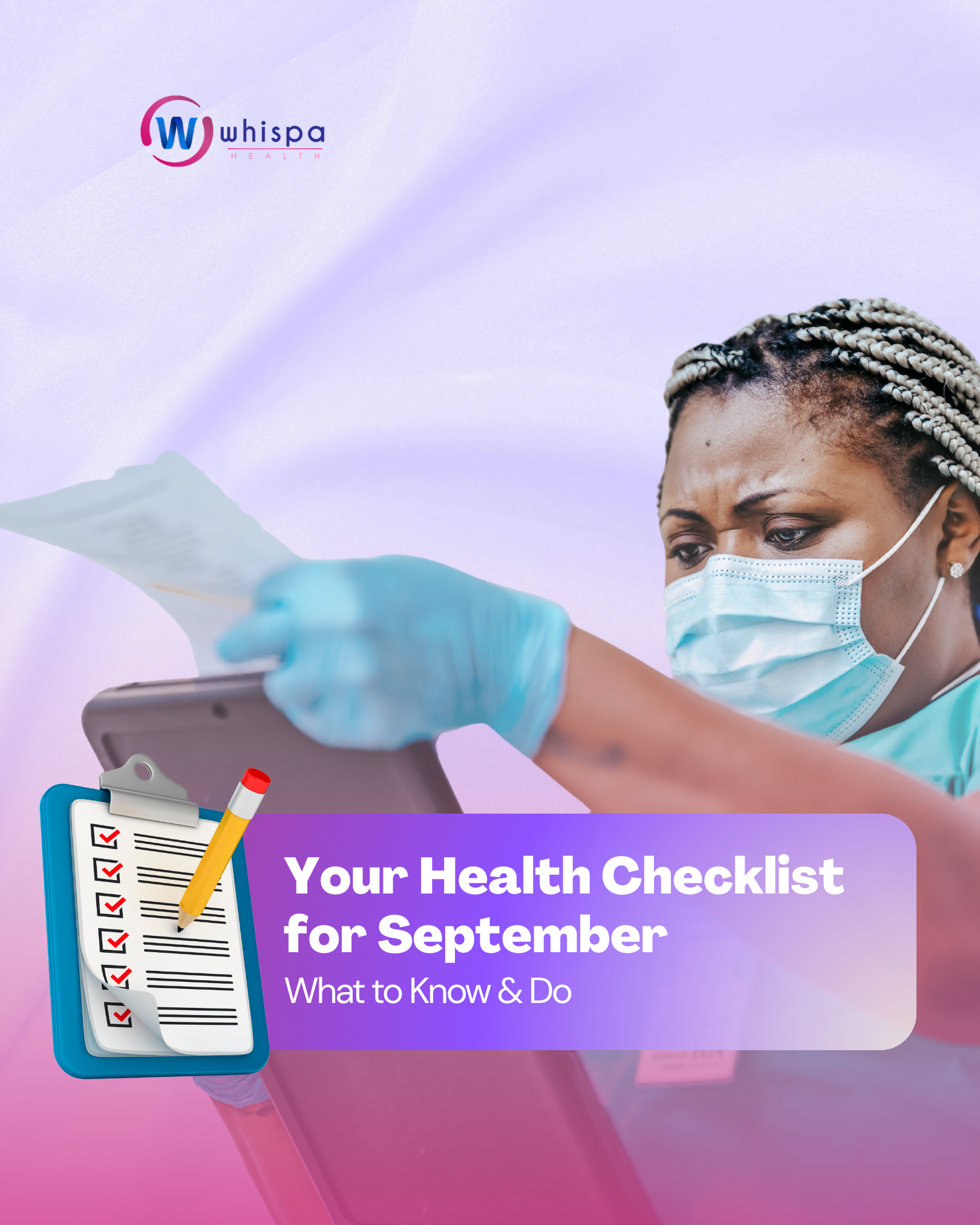It is common knowledge that keeping track of all the exams, shots, and other preventative healthcare procedures you require to maintain good health throughout your life can be difficult, especially for men. To help with this process, here are some health checks men should do in their 20’s, 30’s, 40’s and 50’s, as well as the necessary screening tests and vaccines.
Health Checks Men Should Do in Their 20s and 30s
The best time to establish a long-term working relationship with a family or primary care doctor is in the early years of maturity. You’ll have someone to talk to about any health problems that you can trust and who is knowledgeable with your lifestyle and medical background in this way.
That’s crucial when it comes to conditions like testicular cancer that could be awkward to talk about or aren’t constantly checked for. Because it is a very uncommon condition with a good likelihood of survival, some men, for instance, would disregard the symptoms in this scenario. However, among males aged 15 to 34, testicular cancer is the most common kind of cancer. It’s crucial to let your doctor know if you find a lump or have discomfort in one of your testicles.
Review With Your Doctor
- Sexual history and condom use.
- Diet, exercise, and sleep habits.
- Smoking, alcohol consumption, and any other substance-use habits.
Vaccinations
- Tetanus booster, every 10 years.
- Human papillomavirus (HPV) vaccine, if you’re younger than 26 and haven’t received it yet.
Screening Test Health checks Men should do in their 20’s & 30’s
Sexually Transmitted Diseases; We recommends that sexually active men should get screened at least once a year for chlamydia, gonorrhea, and syphilis. And all men should get tested for HIV at least once.
Also, everyone between ages 13 and 64 should be tested during their lifetime. (If you have certain risk factors, you’ll need additional screenings.)
Blood Pressure; Do a check at least once every three to five years, or more frequently if you are at risk for hypertension.
Cholesterol; Every four to six years, get your cholesterol checked. You might need to do this more frequently if you have diabetes, heart disease, a family history of the condition, or other cardiac risk factors.
Read Also: 5 Similarities Between the Clitoris and the Penis
Health Checks Men Should Do in Their 40s and 50s
These years may see an increase in your cardiovascular risk factors, such as high blood pressure and weight growth. Additionally, since metabolism typically slows down as people get older, it’s crucial for males in this age bracket to maintain healthy food and exercise routines. This will lower your risk of heart disease and help you maintain a healthy weight.
Talking with your doctor is necessary when it comes to prostate cancer screening. Men should not have a PSA blood test unless they specifically request one after learning about the pros and cons of doing so. Talk with your doctor about your personal risk profile for prostate cancer; people who have a family history of prostate cancer might be at higher risk.
Vaccinations
Tetanus booster, every 10 years.
Screening Test Health checks Men should do in their 40’s & 50’s
Sexually transmitted disease; We recommend that sexually active men should get screened at least once a year for chlamydia, gonorrhea, and syphilis.
Blood pressure; Have it checked at least once every year.
Cholesterol; Continue blood tests for cholesterol every four to six years, depending on risk factors.
Type 2 diabetes; If you’re overweight or obese, have a blood test every three years.
Cancer;
- Yearly guaiac-based fecal occult blood test (gFOBT)
- Yearly fecal immunochemical test (FIT)
- Multi-targeted stool DNA test (MT-sDNA) every 3 years.
- Flexible sigmoidoscopy (FSIG) every 5 years.
- CT colonography (virtual colonoscopy) every 5 years.
- Colonoscopy every 10 years.
Prostate cancer; Regular prostate specific antigen (PSA) tests, which may detect prostate cancer, might not be necessary. Be sure to talk to your doctor about the risks and benefits of the test. If you’re concerned about prostate cancer, talk with your doctor at 55 or earlier about whether you’re at increased risk.
Conclusion
Staying socially involved and physically active can be good for your emotional well-being and cognition. Aerobic exercise and strength training, as well as tai chi, can improve brain function in people older than 50, even for those who are beginning to experience cognitive decline. (Avoid memory supplements)




